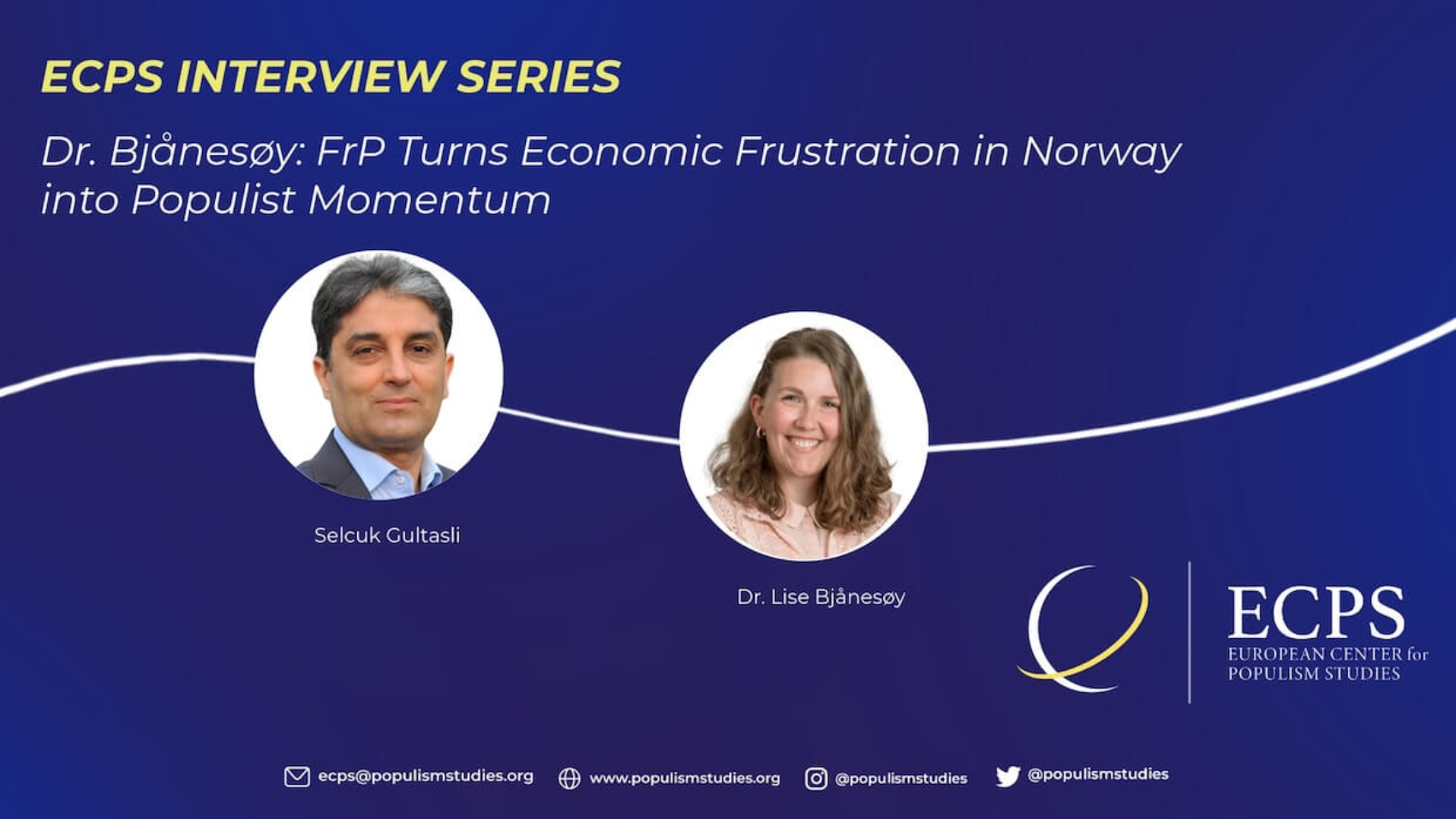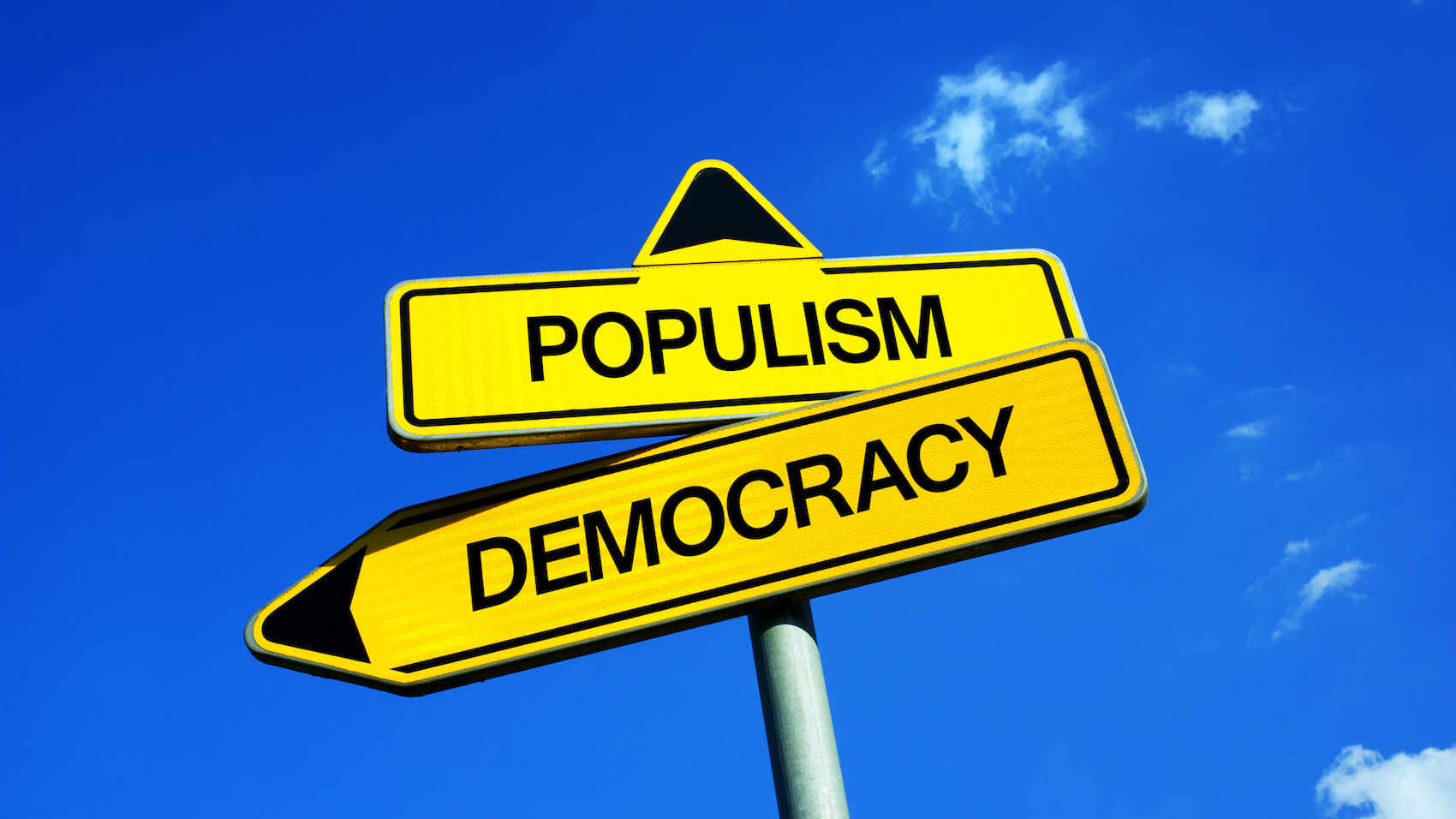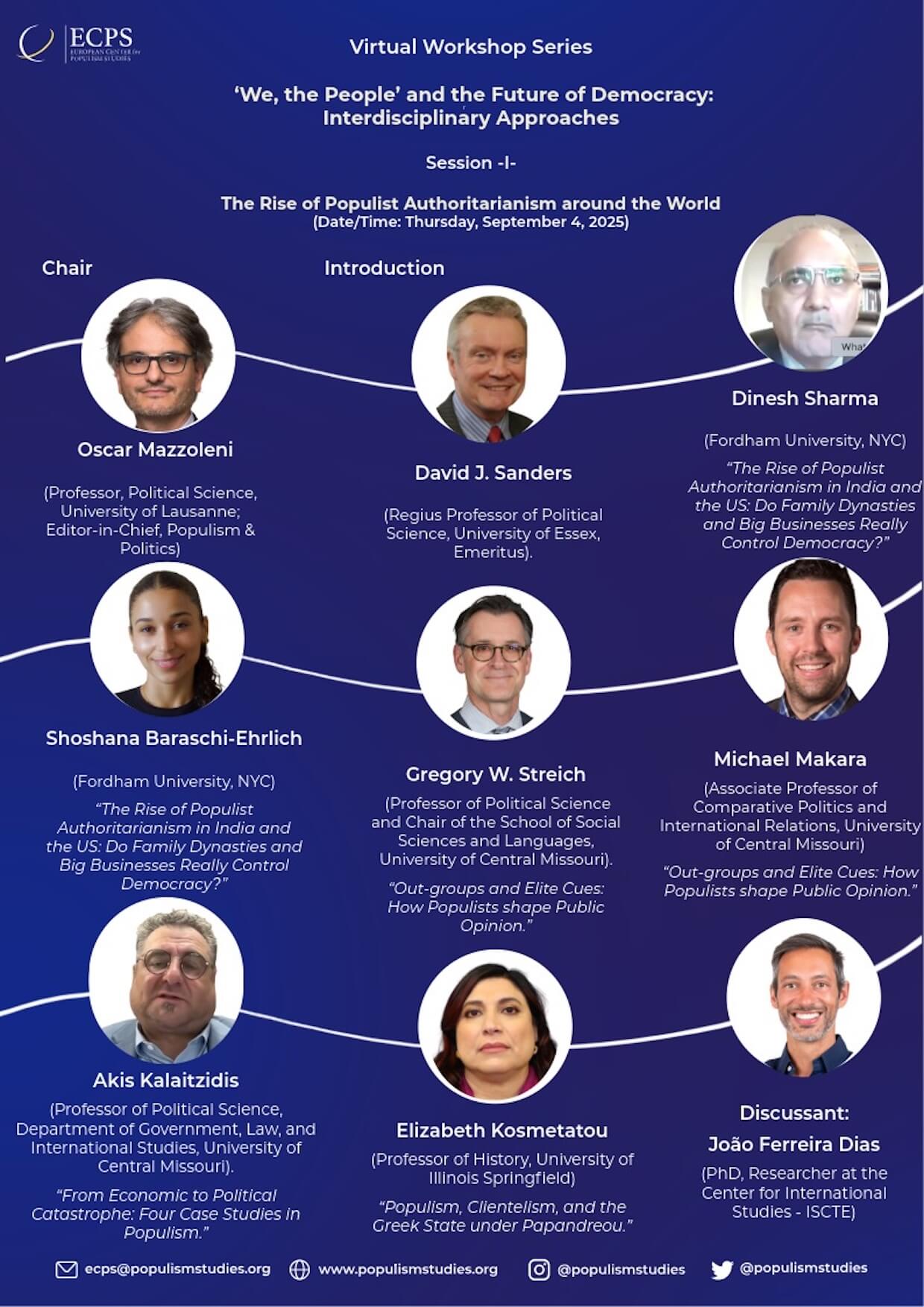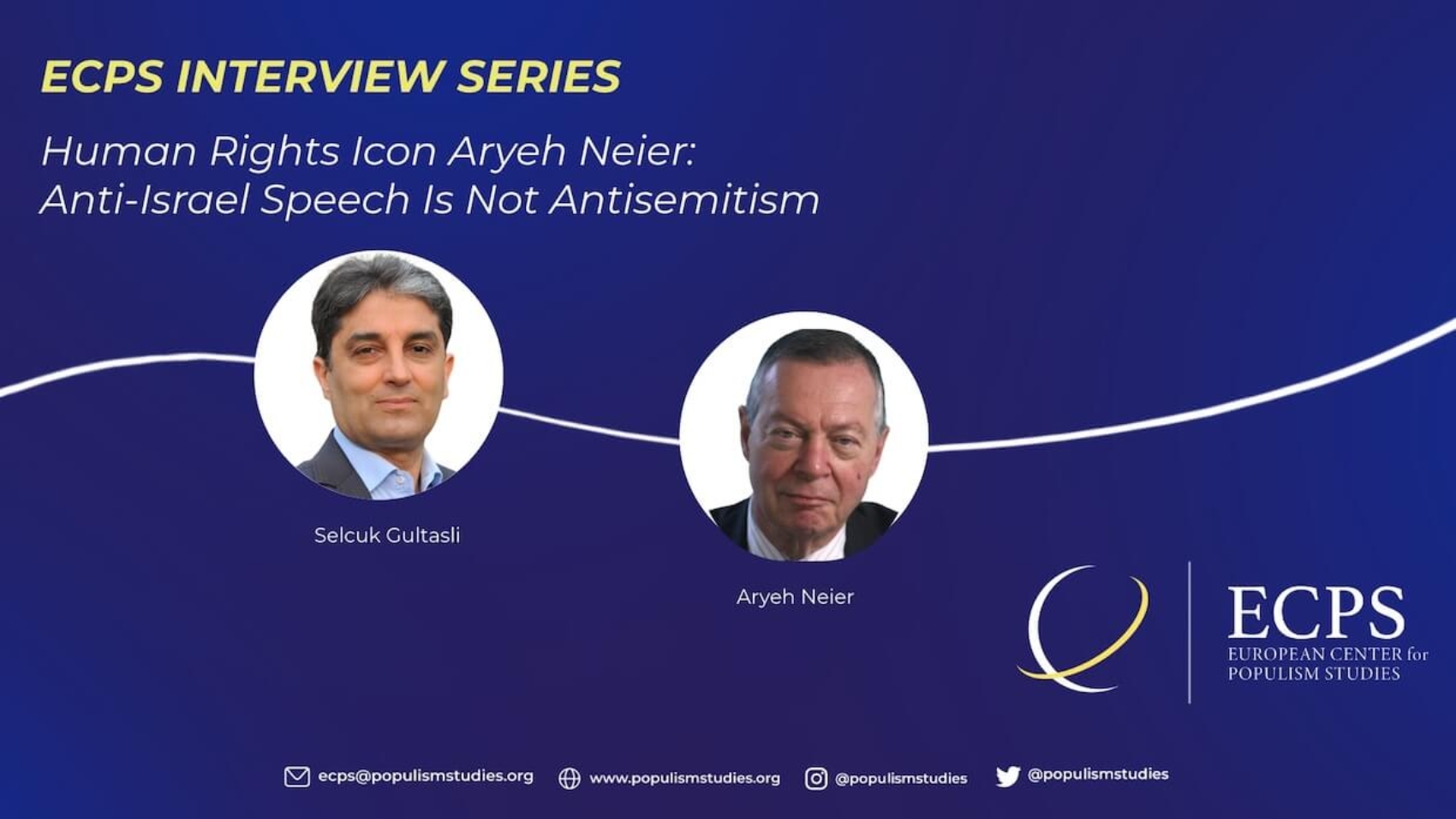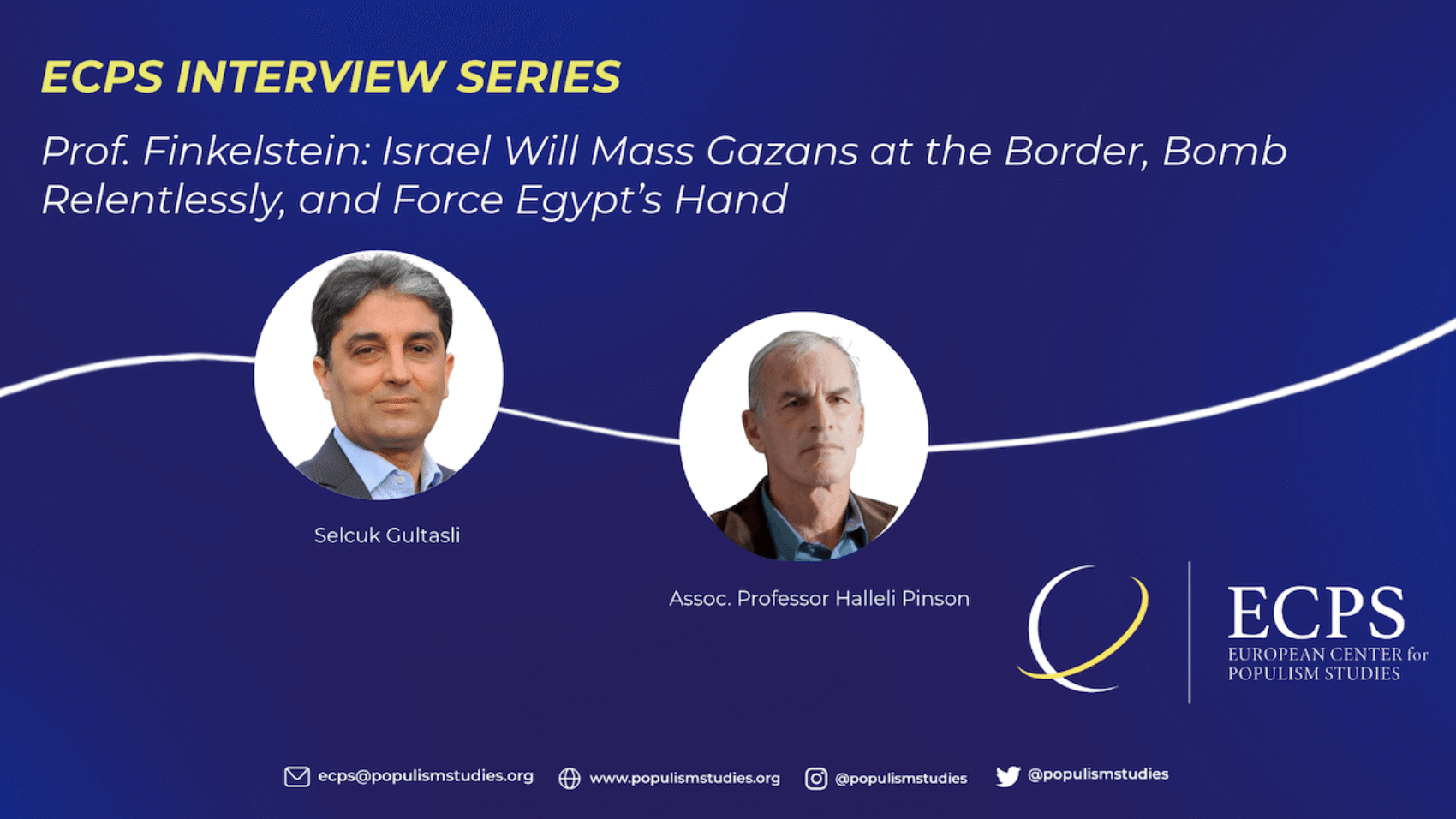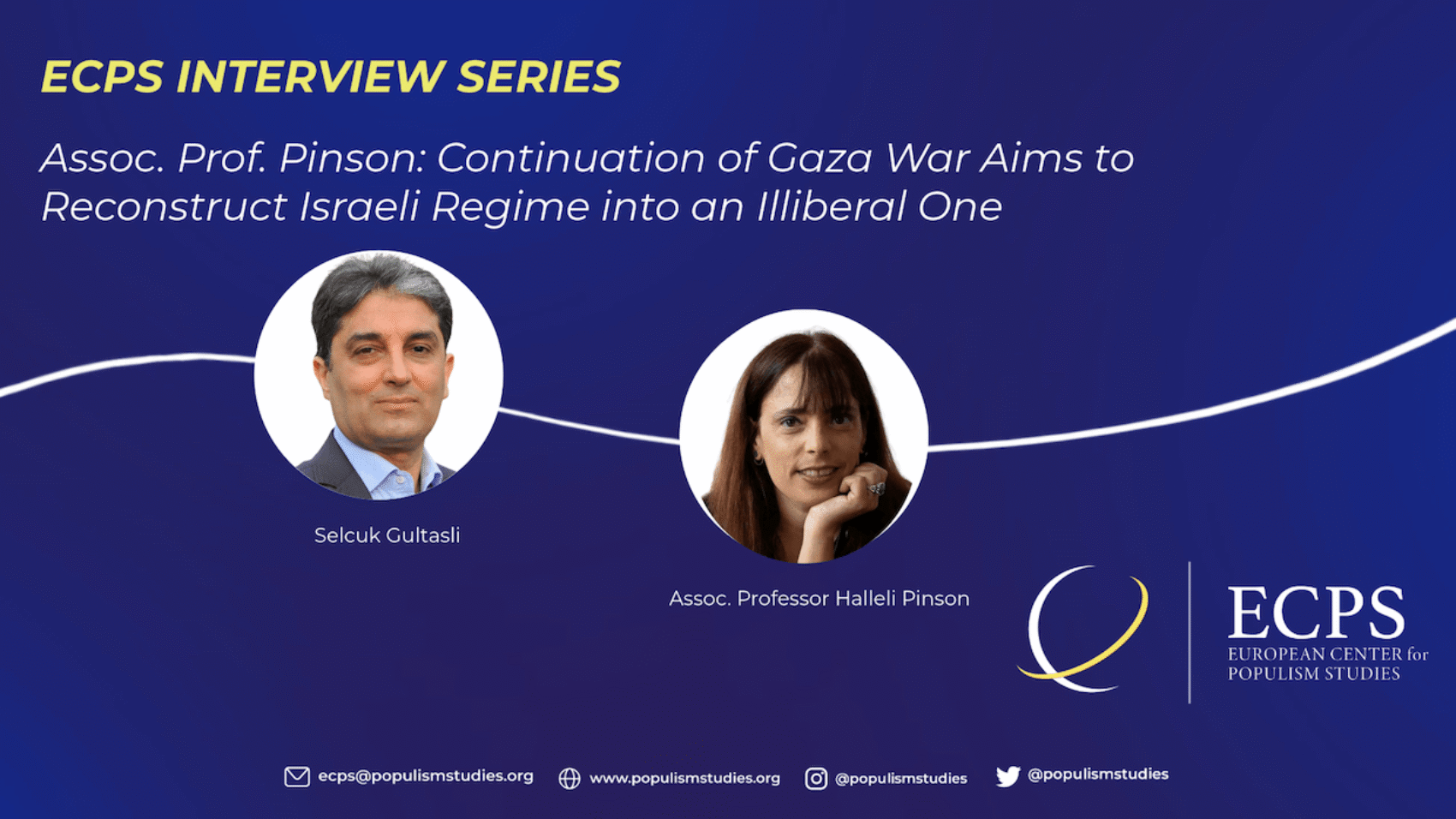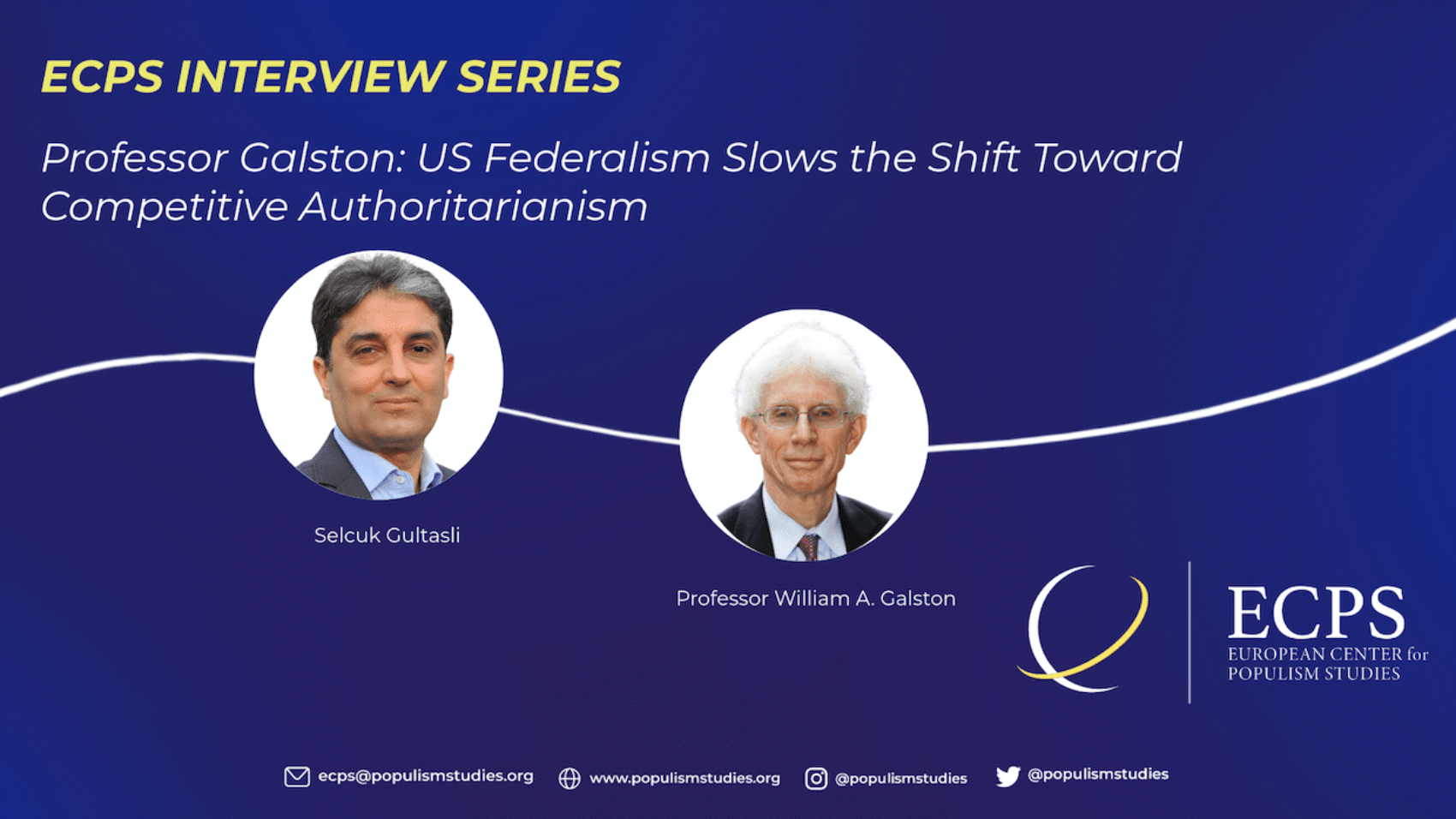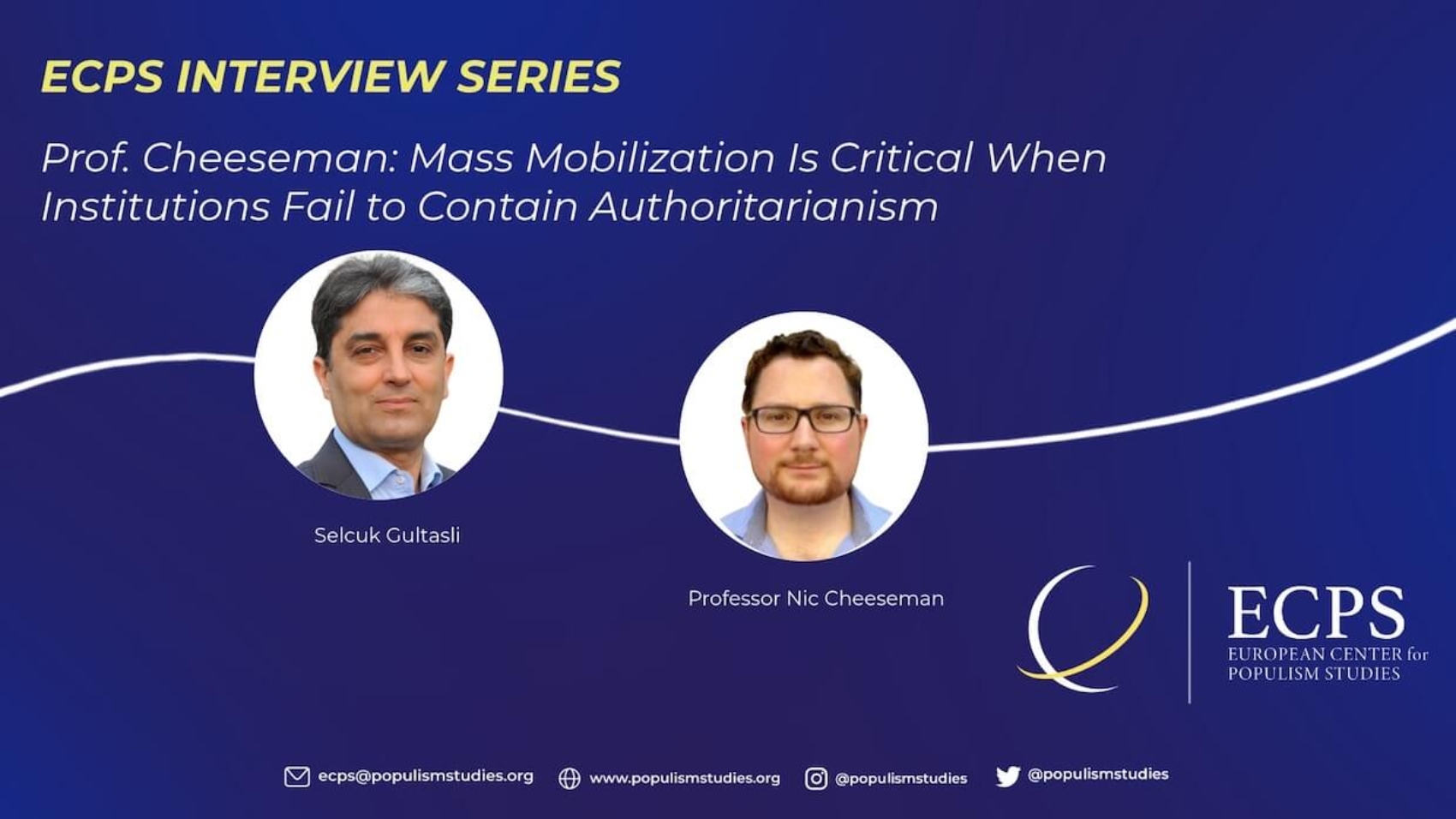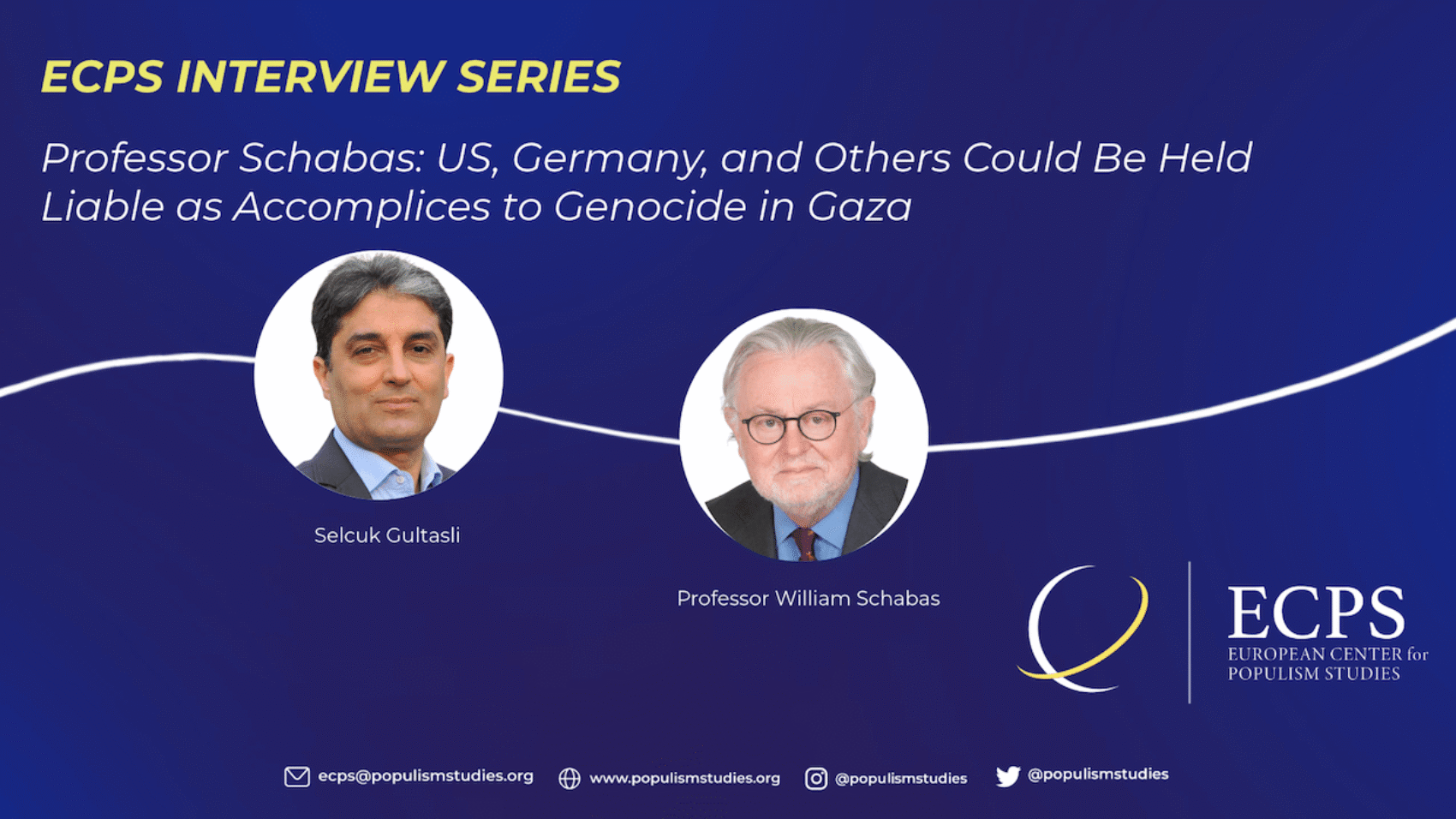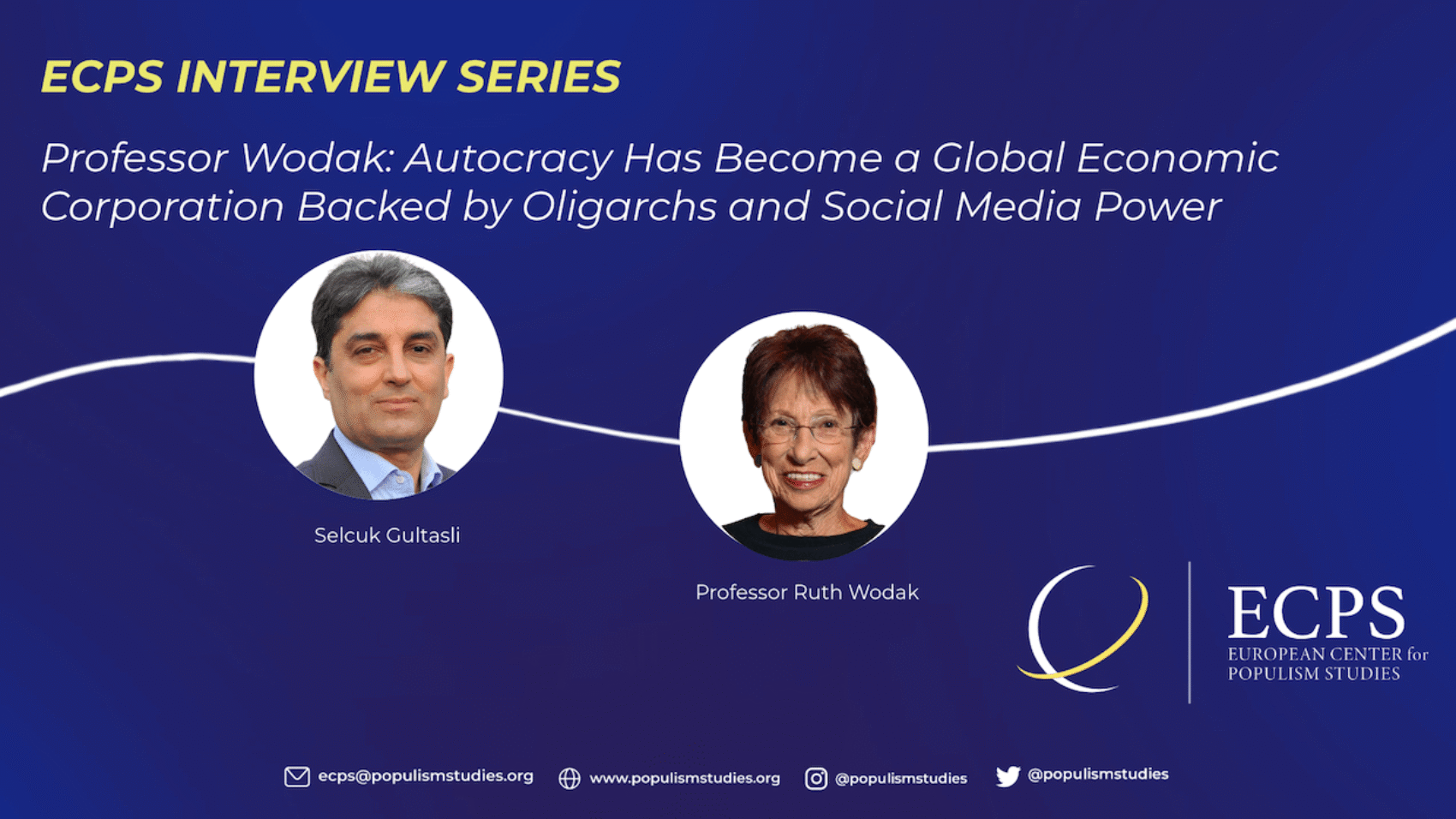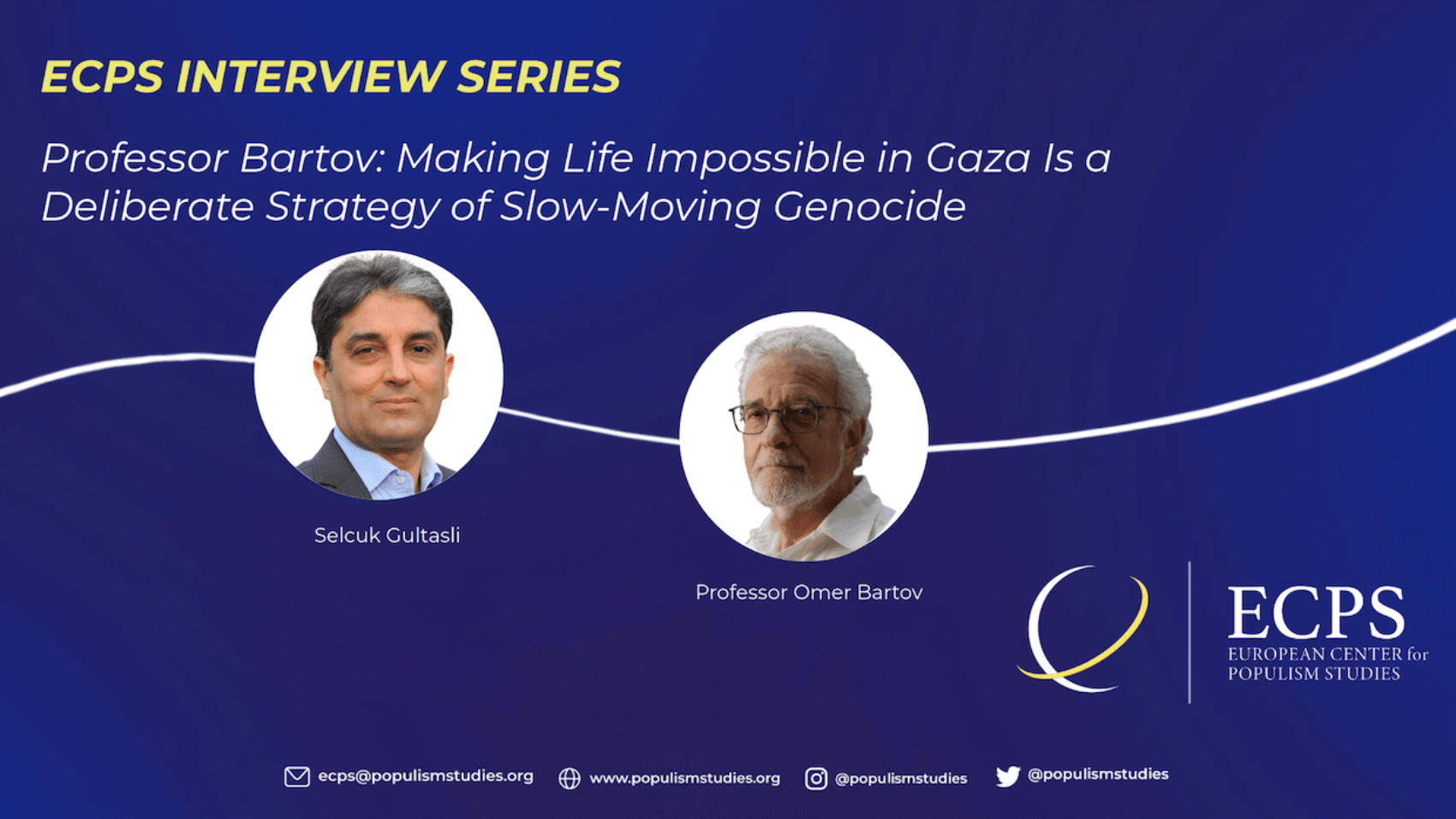In Norway’s September 8, 2025, general election, Prime Minister Jonas Gahr Støre’s Labour Party narrowly held on to power — but the real story was the historic surge of the populist Progress Party (FrP), which doubled its vote share to 24% and became the country’s second-largest party. In an interview with ECPS, Dr. Lise Bjånesøy (University of Bergen) explains how FrP converted economic grievances into populist momentum, capitalizing on anger over wealth taxes, cost-of-living pressures, and distrust of “wasteful elites.” FrP also mobilized younger men through social media, a trend Dr. Bjånesøy calls a key driver of Norway’s new political divides.
Interview by Selcuk Gultasli
In the wake of Norway’s September 8, 2025, general election, the country’s political landscape has been reshaped by growing polarization and the unexpected strength of the populist radical right. While Prime Minister Jonas Gahr Støre’s Labour Party narrowly secured another four years in power with 87 out of 169 seats, the populist right-wing Progress Party (FrP) achieved a historic breakthrough, doubling its vote share to 24% and becoming the second-largest party. This surge signals deep currents of economic dissatisfaction and changing voter dynamics, especially among younger men.
In an exclusive interview with the European Center for Populism Studies (ECPS), Dr. Lise Bjånesøy, Postdoctoral Fellow at the Department of Government, University of Bergen, offers insights into how FrP transformed economic frustration into populist momentum. “Economic issues, such as wealth tax and the cost of living, have been central in this election,” explains Dr. Bjånesøy. “FrP has strongly profiled itself against wasting taxpayers’ money, attracting voters dissatisfied with Labour and consolidating support among those frustrated with rising living costs.”
FrP’s success, however, goes beyond economics. Dr. Bjånesøy highlights the party’s strategic mobilization of young voters, particularly young men, driven largely by social media dynamics. “For young men who get their news from social media, there’s a 28% likelihood of voting FrP, compared to just 14% among those who don’t. Social media plays an important role in mobilizing this demographic.”
Despite this populist surge, Norway remains a centre-left outlier in the Nordic region, diverging from Sweden and Finland, where right-wing governments dominate. Dr. Bjånesøy attributes this partly to narrow electoral thresholds and coalition dynamics, as well as Labor’s recovery under Jens Stoltenberg’s return as finance minister, dubbed the “Stoltenback effect,” which boosted Labor’s popularity by 10 percentage points.
Still, she warns against underestimating FrP’s growing influence: “FrP has benefited from reduced stigma around supporting the party and has mobilized nearly all the voters who don’t dislike them. But their ability to expand further will depend on how effectively Labour manages governing alongside four smaller left-wing parties.”
Looking ahead, Dr. Bjånesøy underscores the urgent need for research on social media’s political impact, calling it a “key driver of generational divides” and shifting populist dynamics.
This interview unpacks the interplay between economic grievances, political polarization, and digital mobilization in shaping Norway’s electoral landscape — and what it reveals about the future of populism in Europe.

